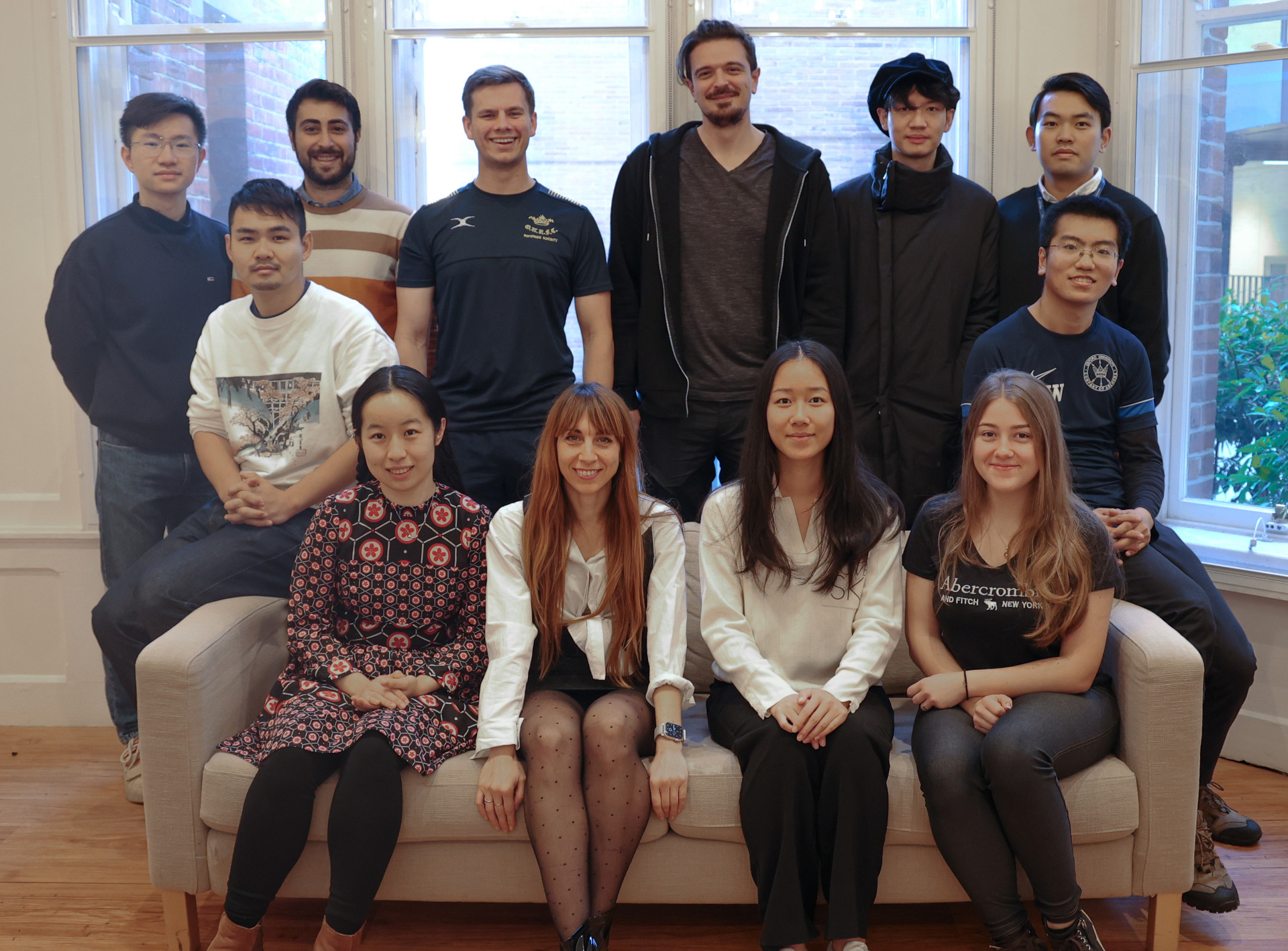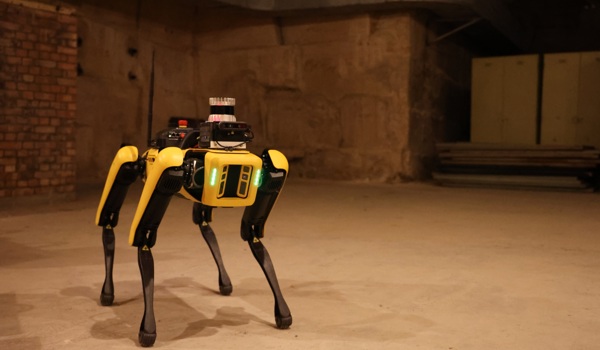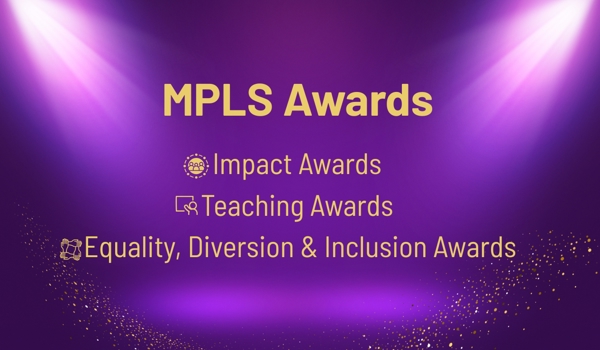Soft Robotics Lab
The Whole Group

Welcome to the Soft Robotics Lab
The research at Soft Robotics Lab explores how compliance in the robot body can be exploited for dealing with task and environment uncertainty and for interacting with humans. “Softness” offers higher safety, larger variability of movement and higher dexterity and shows the potential for building safer, cheaper and more intelligent autonomous robots than conventional robotics can achieve.
Taking inspiration from biological systems, which are able to survive in complex and unstructured environments thanks to the intrinsic compliance of their soft and flexible body, we are interested in understanding the mechanisms at the base of their high adaptability and in replicating them in robots for achieving intelligent behaviour. In particular the role of body morphology (i.e., form and structure), how biological systems use their body to control basic actions, and how intelligent behaviour emerges from the interaction between the body and the environment in which it is placed, constitute the foundation of the design of new soft actuators and sensors and new control strategies for the robot of the future







